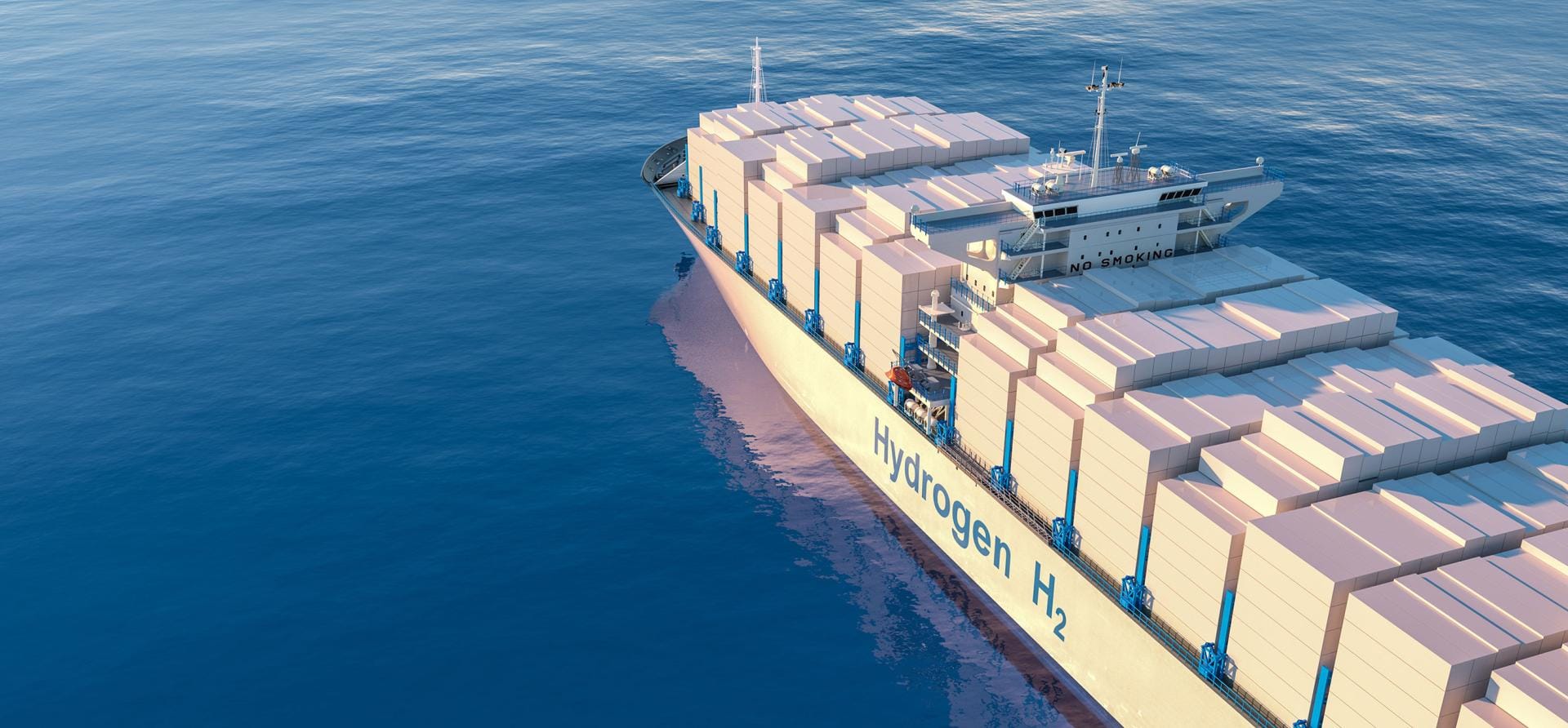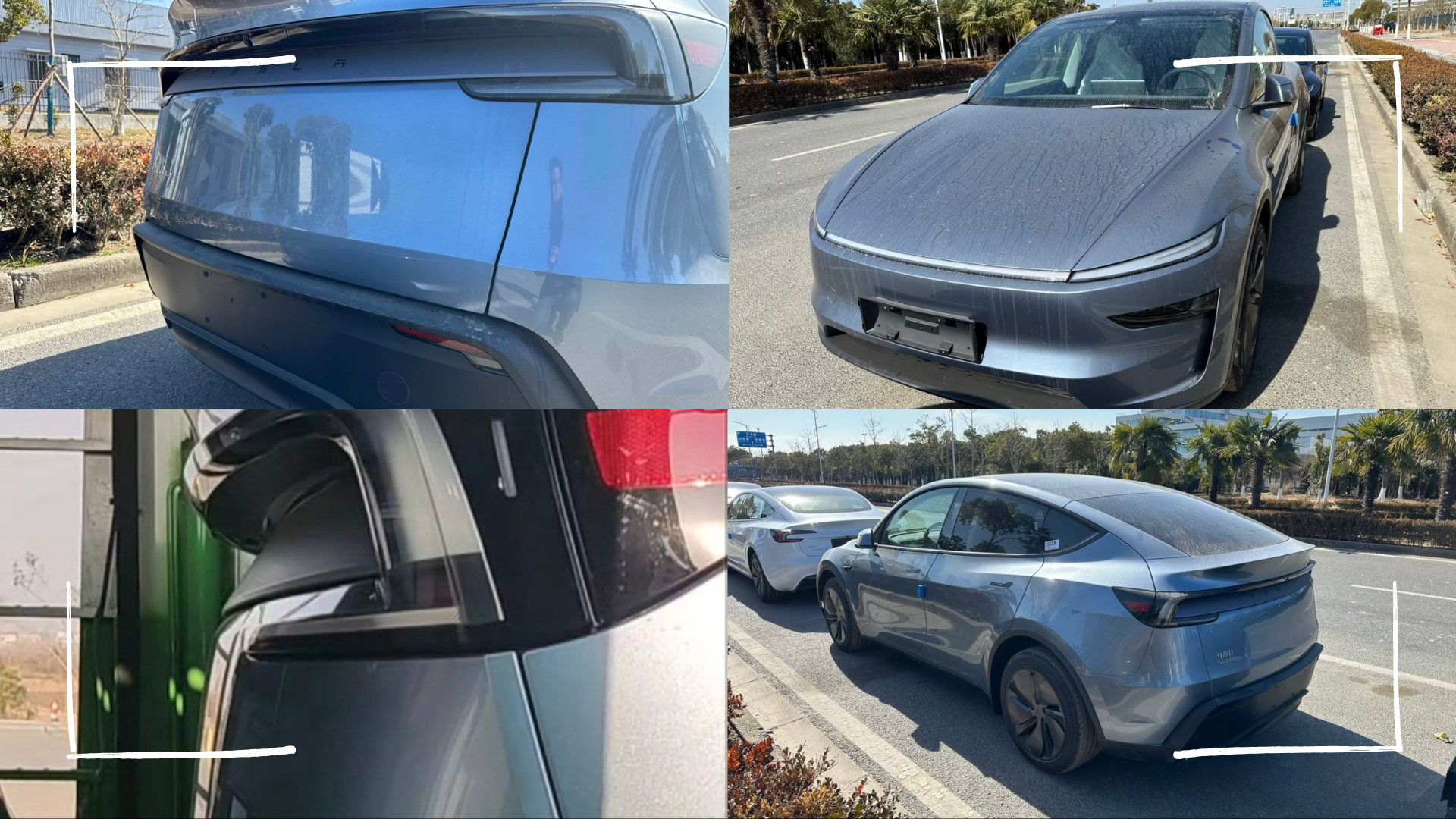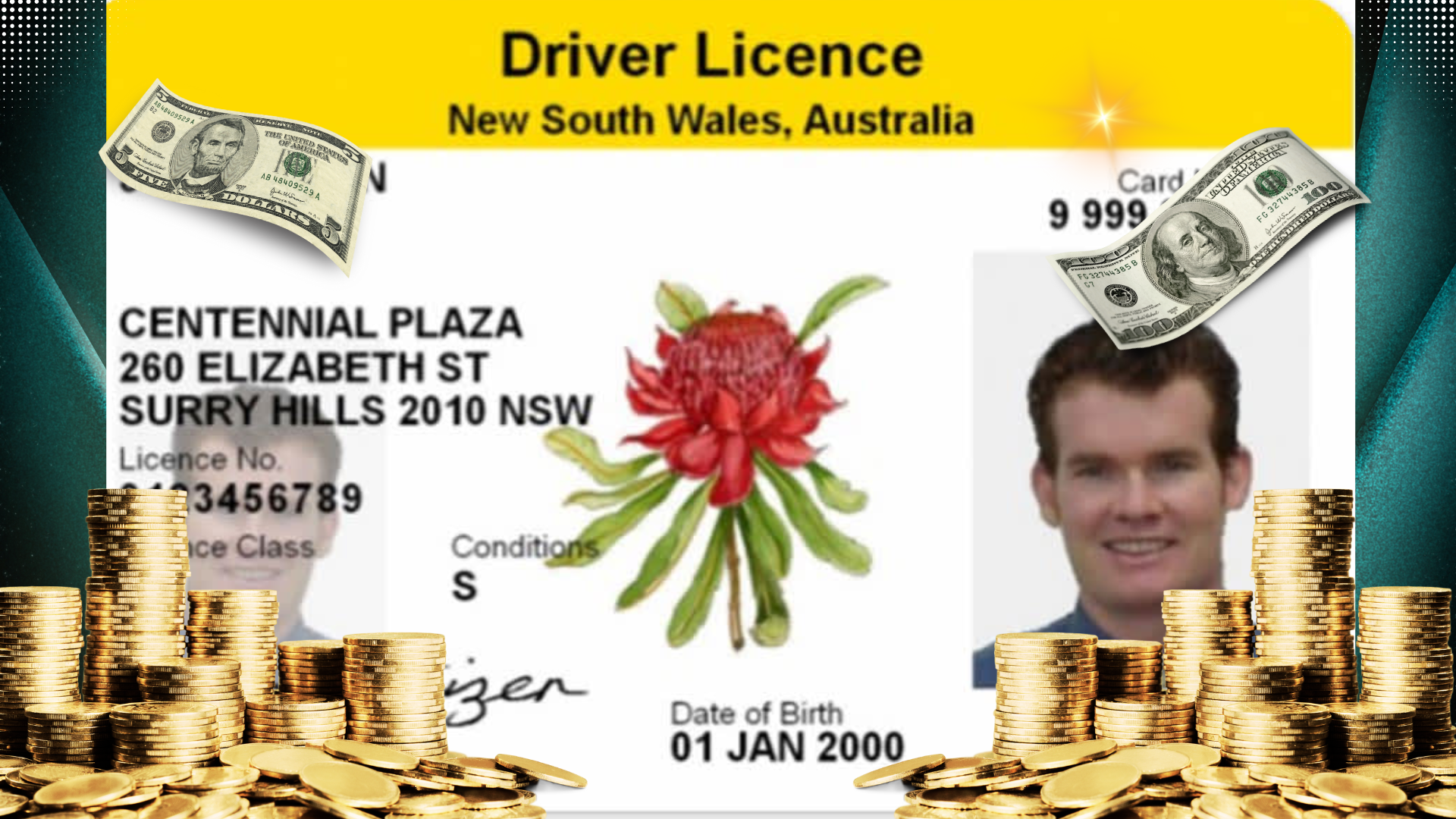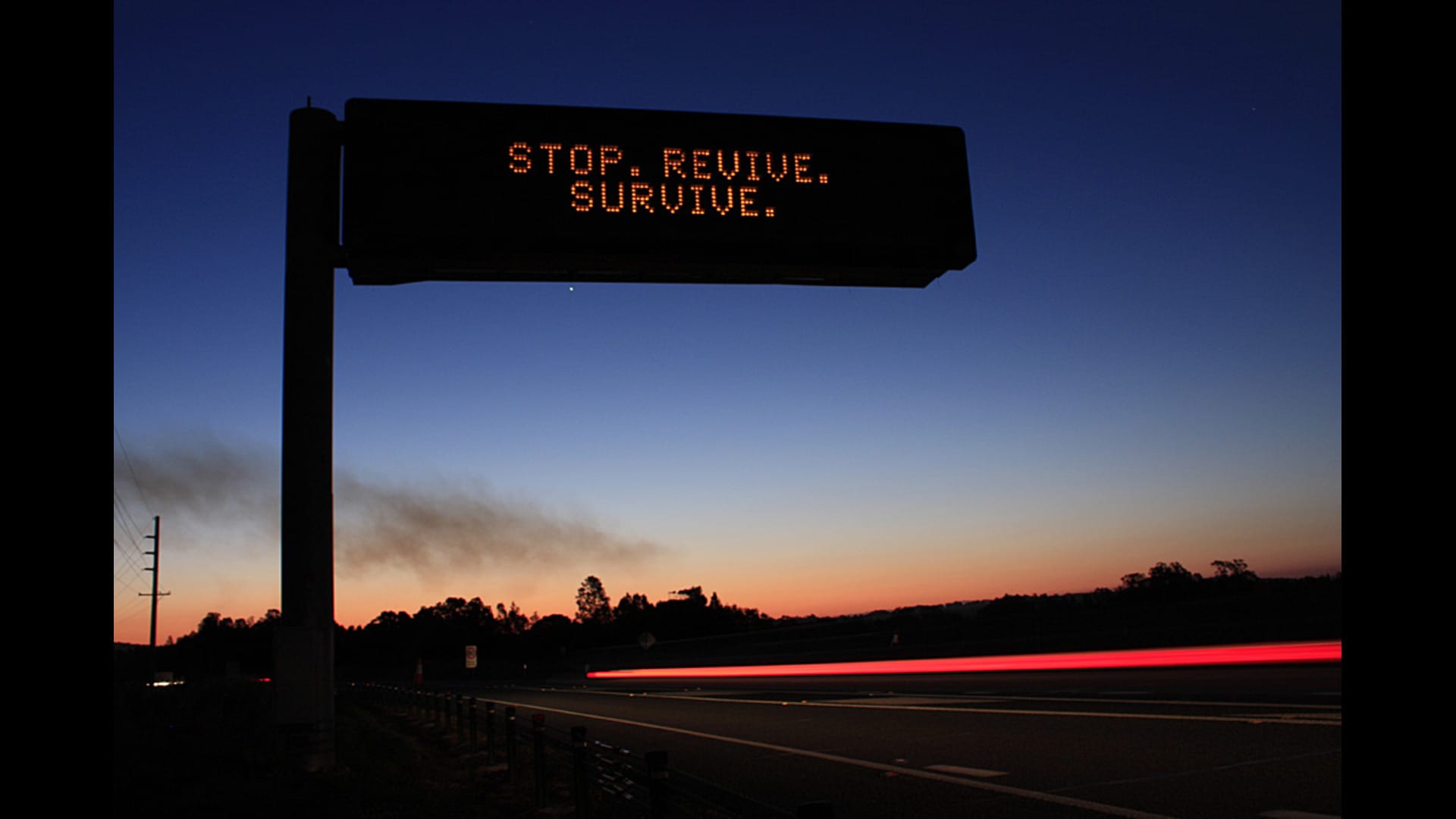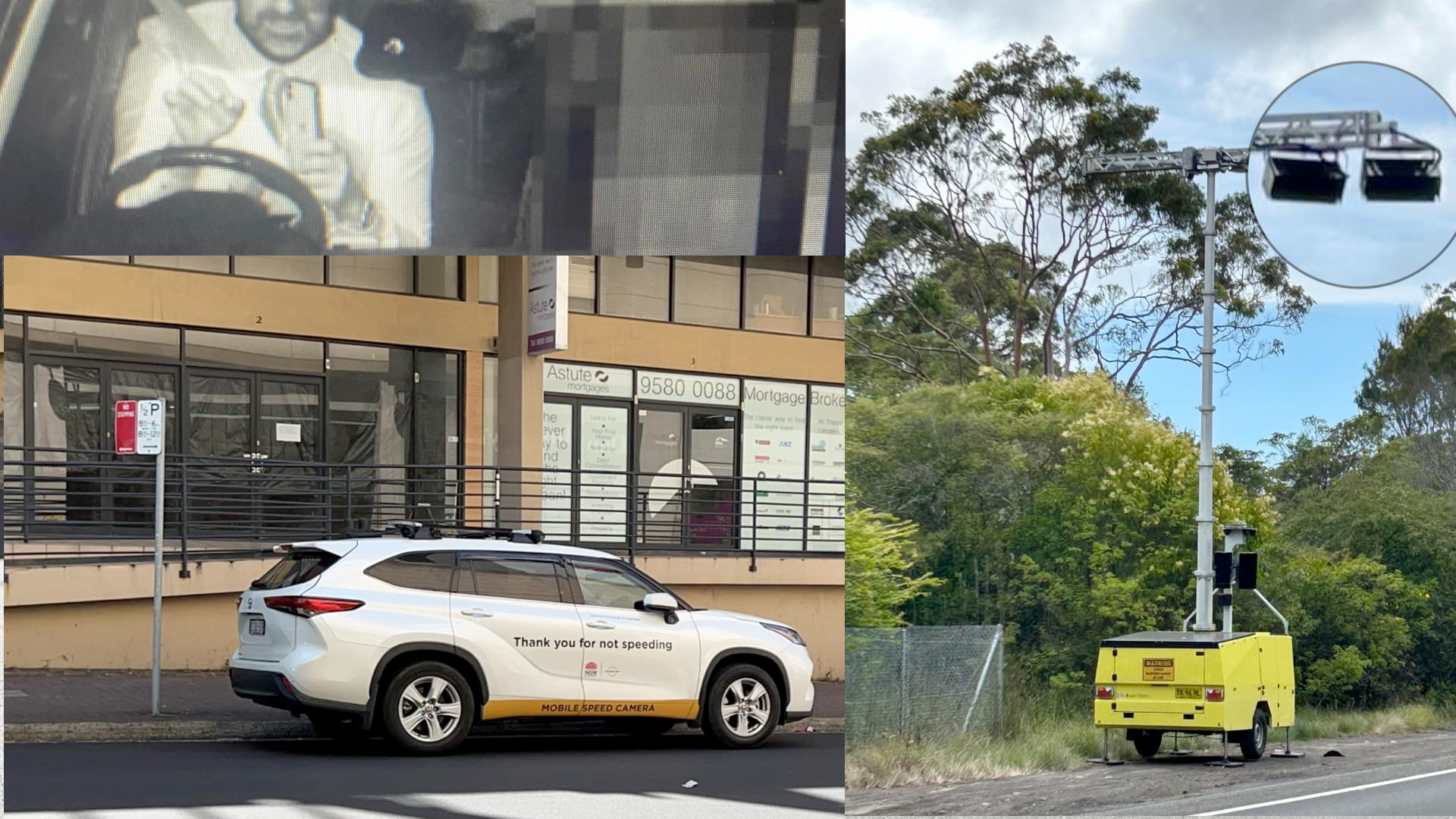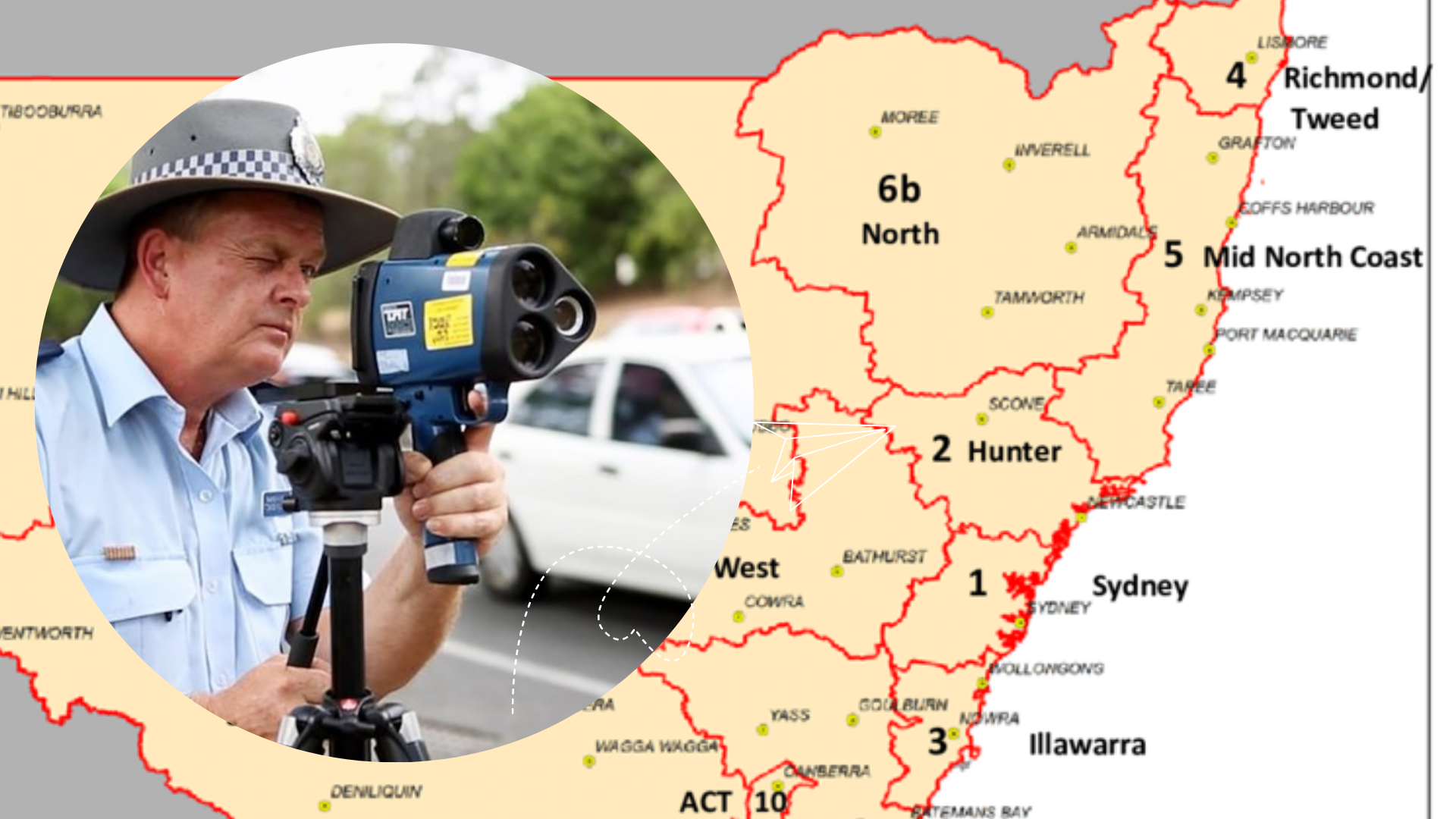Japan's Kawasaki Heavy Industries (KHI) has announced its withdrawal from the Hydrogen Energy Supply Chain (HESC) project in Victoria, Australia, dealing a blow to the country's hydrogen export aspirations.
The project, which aimed to convert Victorian brown coal into clean hydrogen for export to Japan, now faces an uncertain future.

- KHI cited difficulties in preparing hydrogen in Australia within the required deadline
- The company has shifted focus to domestic hydrogen procurement in Japan
- KHI's withdrawal includes ending the provision of the hydrogen tanker Suiso Frontier
- The HESC project was backed by substantial funding from Japanese, Australian, and Victorian governments
Project Background
The HESC project involved:
- Converting Latrobe Valley coal into clean hydrogen
- Carbon capture and storage in Bass Strait
- Liquefaction at the Port of Hastings
- Shipment to Japan for power generation and vehicle fuel

Broader Industry Trends
KHI's decision reflects a wider trend of companies reassessing hydrogen projects globally:
- Kansai Electric Power withdrew from a green hydrogen project in Queensland
- Australian companies like Fortescue and Origin Energy have scaled back hydrogen initiatives
- International firms such as Shell have cancelled hydrogen projects in various countries
Future Implications
- Australia's goal of becoming a "hydrogen superpower" may face challenges
- The Albanese government's AU$8 billion hydrogen incentive plan could be impacted
- Japan and Australia may need to reconsider their hydrogen strategies and energy partnerships

As the global hydrogen landscape evolves, both countries will need to adapt their approaches to ensure the viability of future clean energy collaborations in the Indo-Pacific region.



